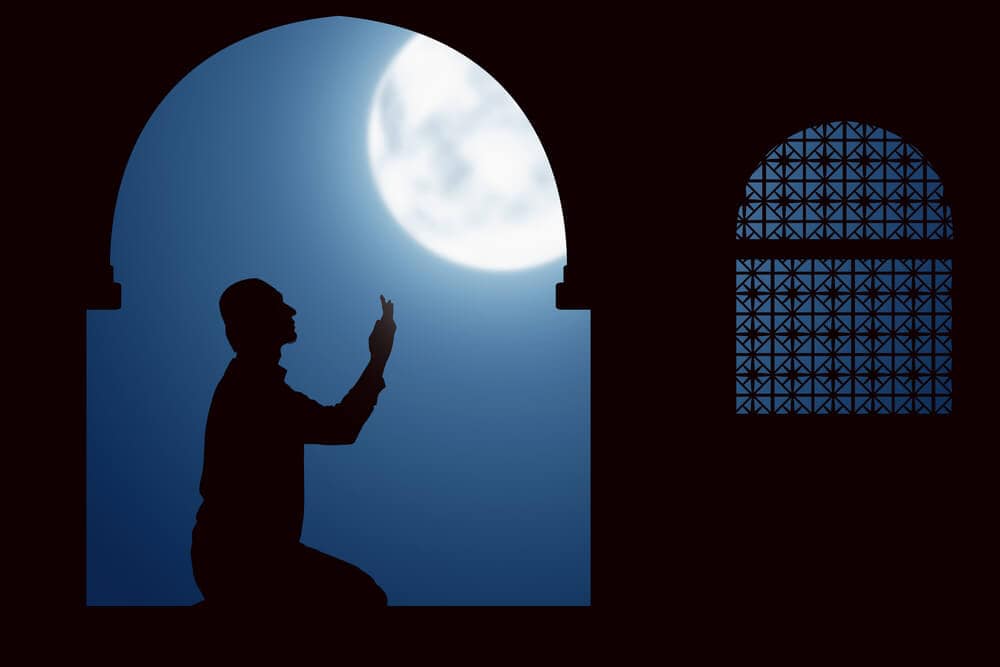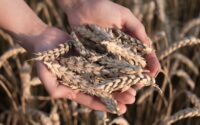
Making Dua and Ways of Increasing Acceptance of Duas during Ramadan

The month of Ramadan is a blessed time of the year for Muslims. It is the month in which Muslims indulge in excessive worship and praise Allah Almighty. Besides keeping fast, the other objective of this month is to gain as many blessings and reward from Allah Almighty as possible. One of the acts of worship is Dua (supplication). Our beloved Prophet (SAW) said: “Dua (supplication) is worship” (Abu Dawud). We should make Dua on a regular basis throughout the year but in the holy month of Ramadan, Duas hold a greater value than the rest of the year. Hence, Ramadan is not only fasting rather it is also an increase in the prayers and Duas as well. Allah Almighty says in Noble Quran: “And when My slaves ask you (O Muhammad SAW) concerning Me, then surely I am near. I answer the prayer of the supplicant when he calls to Me.” (Quran, 2:186)

From the above verse of Holy Quran, it is clear that Allah Almighty loves those who ask Him and listen to them what they ask for. We should ask for everything no matter it is small or big from Allah Almighty. In the month of Ramadan, our Duas should increase. There are two special times when Duas are immediately accepted by Allah in Ramadan is at the time of Iftaar (breaking the fast) and at the time of Suhoor (beginning the fast).
Ways of Increasing Acceptance of Duas
In the blessed month of Ramadan we can actually increase our chances of having our Duas accepted by following below mentioned ways of making Dua. Allah Almighty out of His mercy and benevolence has specified specific times in the day when He accepts Dua. So, we seek hard to make Dua during those times. Few of the times and some etiquettes while making Duas are:
- At the time of Suhoor or in the last 3rd of the night
- After obligatory prayers
- While Fasting
- While breaking the fast
- When in Sajdah (Prostration)
- After Wudu (Ablution)
- During the last hour on Friday. Prophet (SAW) said: “Friday is divided into twelve hours. Amongst them there is an hour in which a Muslim does not ask Allah for anything but He gives it to him. So seek it in the last hour after the afternoon prayer.” (Abi Dawud)
- Between the Adhaan and the iqama
- Making Dua on the Night of Decree could transform the one’s destiny throughout the year. Aisha (RA) reported: “I asked: “O Messenger of Allah! If I realize Laylat-ul-Qadr (Night of Decree), what should I supplicate in it?” He (SAW) replied, “You should supplicate: Allahumma innaka ‘afuwwun, tuhibbul-‘afwa, fa’fu ‘anni (O Allah, You are Most Forgiving, and You love forgiveness; so forgive me).” (Tirmidhi)
- Make it a habit to praise Allah, glorify Him, and also send blessings upon the Prophet (SAW) which is commonly known as
- You should end your Dua with Salawat on the Prophet (PBUH).
- Our Dua will be accepted when we will call upon Allah by His beautiful names and attributes.
- One of the key things in improving our success rate of Dua is to obey Allah Almighty.
- Increasing our worship and love of Allah is a sure way to quicken the response to our Duas by Allah (SWT).
- Make Dua when you pray Qiyamul Layl in the night of Ramadan.
- Face the Qibla while making Dua if it’s possible and also do not raise your voice too high while making Dua.
Ramadan is the month in which we can gain maximum blessings and mercy from Allah Almighty and also seek forgiveness for whatever sins we have committed. Therefore, Duas need to be ensured during the month as it is the means that can help us to achieve the desired objectives. May Allah bless us in Ramadan and allows us to increase in our Dua within this virtuous month.




